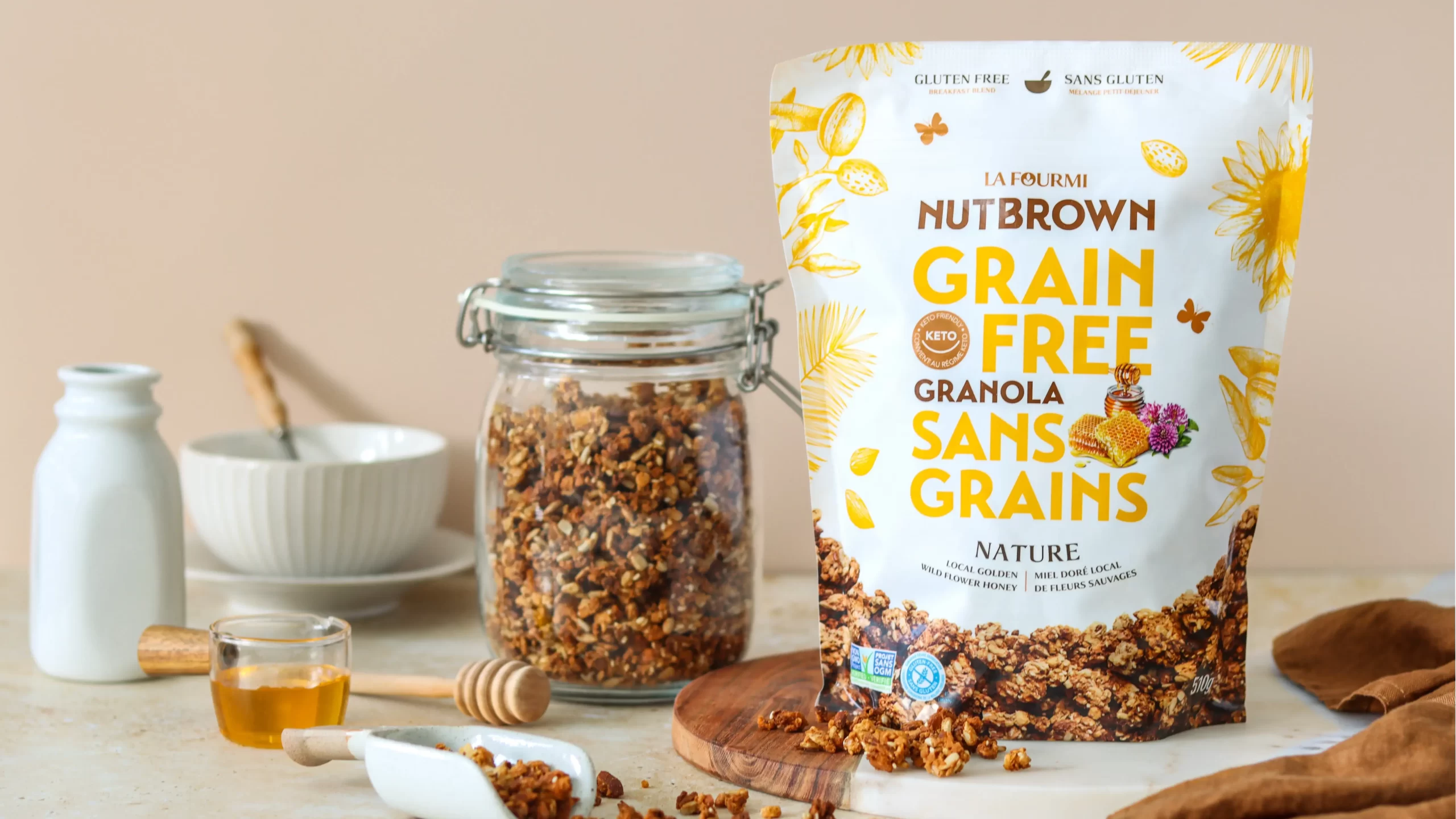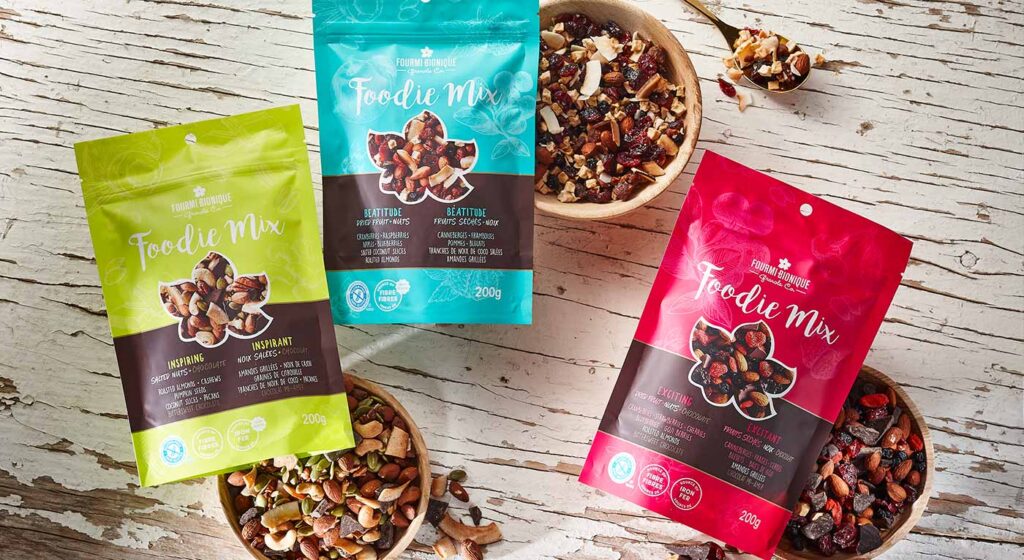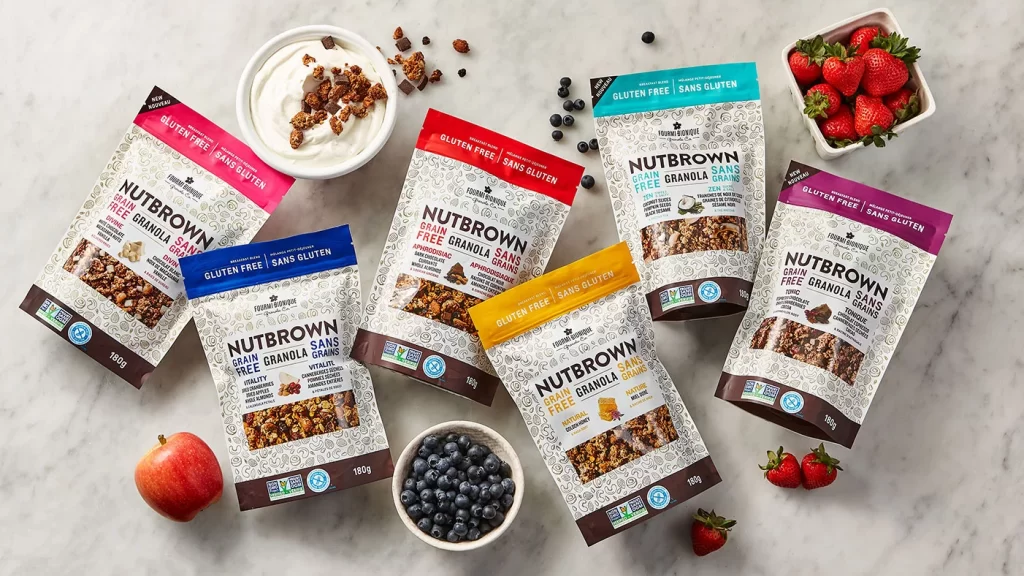In our daily quest for well-being, it’s easy to underestimate the profound impact our diet can have on our mental health. Whether it’s the sweet aromas of a homemade dish evoking childhood memories or the energy boost from a chocolate bar in the mid-afternoon, what we consume has the power to directly influence our mood and emotions. But is it really that straightforward?
We invite you to explore together the complex role of food in managing anxiety, both in terms of taste pleasure and nutrition.
Food: A Bridge Between Pleasure and Well-being.
The connection between what we consume and how we feel stems from two aspects that must complement each other: taste pleasure and nutritional qualities.
Taste Pleasure: Immediate Relaxation
It’s hard to deny the comfort that a favorite dish can provide after a long day. The pleasure we get from food goes beyond mere satiety. There’s a reason we associate certain dishes with “comfort food.” These foods can evoke warm memories, create a sense of envelopment and security, or simply provide pure joy through their taste. The pleasure of eating is a sensory response that involves several areas of the brain, including those related to reward and pleasure. When we savor foods we love, the brain releases neurotransmitters like dopamine, giving us a sense of happiness and well-being.
Nutrition: Long-Term Support
Diet is not only about immediate pleasure. The food choices we make have long-term consequences for our health and well-being. Proper nutrition can strengthen our immune system, improve our focus, and even regulate our mood. Certain nutrients, like omega-3 fatty acids, magnesium, or B vitamins, play a key role in the optimal functioning of the brain and can help alleviate symptoms of anxiety and depression. A balanced diet also ensures a steady supply of glucose, the brain’s primary fuel, preventing spikes and drops in blood sugar that can affect our mood.
Junk Food: Fleeting Pleasure, Lasting Consequences
While it’s recognized that diet plays a crucial role in our mental well-being, it’s also important to understand that not all foods have the same impact on our mental health. Junk food, often high in sugars, saturated fats, and additives, can be irresistibly tempting, especially in moments of stress or vulnerability. But what drives this attraction and what are the long-term consequences of consuming junk food on anxiety?
Immediate Pleasure: Our Brain’s Response to Junk Food
When we are stressed or anxious, our body often seeks an immediate source of comfort. Foods high in sugar and fats can offer this temporary relief. Indeed, consuming sugar can lead to a rapid release of dopamine, the neurotransmitter associated with pleasure and reward. This can give us a temporary sense of well-being, leading us to unconsciously associate these foods with a comforting feeling.
Long-Term Consequences: A Vicious Cycle
While this burst of pleasure is real and almost instantaneous, the long-term effects of junk food on mental health are decidedly less positive. Regular consumption of foods high in refined sugars and saturated fats can disrupt the balance of neurotransmitters in the brain, potentially increasing the risk of mood disorders such as anxiety and depression. Additionally, junk food can lead to spikes in blood sugar followed by sharp drops, which can cause mood swings, irritability, and increased fatigue. Over time, this can affect the body’s ability to manage stress and intensify feelings of anxiety.
Moreover, an unbalanced diet can influence gut health. A growing body of research suggests a link between gut health and mental health, with the gut often referred to as “the second brain“. Poor gut health can impact mood and overall mental well-being.
Towards Mindful Eating
Recognizing the link between what we eat and how we feel is the first step to breaking the vicious cycle of anxiety and junk food. It’s about being mindful of the choices we make, understanding why we are drawn to certain foods, and seeking healthy alternatives that nourish both our body and mind. The key is to strike a balance between taste pleasure and nutrition. Eating should remain a joy, a moment of relaxation. Concurrently, incorporating healthy and nutritious foods into our daily diet can enhance our resilience against stress and anxiety.
The products from La Fourmi perfectly illustrate this balance. They are designed to delight the taste buds while providing a plethora of beneficial nutrients for mental well-being.

The Hidden Nutrients of La Fourmi: Allies Against Anxiety
Indeed, La Fourmi meticulously selects ingredients that not only awaken the senses but are also rich in nutrients. Here is a table that lists the nutrients that positively impact anxiety, as well as the ingredients that contain them, which we use in our products.
| Nutrients | Benefits on Anxiety | Ingredients from La Fourmi |
| Magnesium | Modulates the activity of the HPA axis, inhibits stress response, and increases serotonin synthesis. | Almonds, dried cranberries and raisins, sesame and sunflower seeds, cashews |
| Selenium | Protects cells from damage due to oxidative stress. | Barley, oats |
| Zinc | Regulates numerous biological processes; has neuroprotective and anti-inflammatory effects. | Cashews |
| Vitamin D | Regulates neurotransmitter levels and the secretion of brain growth factors. | Dark chocolate |
| Omega-3 Fatty Acids | Function as anti-inflammatory agents, influence neurotransmitter levels, increase brain growth factors. | Flax seeds |
| Soluble Fiber | Stabilizes blood sugar levels, helping to maintain a balanced mood. | Oats, barley, and whole rye |
| Flavonoids | Antioxidant properties, stimulates serotonin production. | Chocolate, cocoa powder, honey |
| Vitamin C | Reduces oxidative stress and regulates the immune system. | Cranberries |
| Vitamin E | Protects cells against oxidative stress. | Almonds, sesame and sunflower seeds |
| Tryptophan | Precursor to serotonin, essential for well-being. | Sesame and sunflower seeds |
| Antioxidants | Protect against oxidative stress and promote cardiovascular health. | Oats, chocolate, cranberries, honey, flax seeds |
| Low Glycemic Index | Provides a more stable energy release, avoiding blood sugar spikes. | Coconut sugar |
In conclusion, the beauty of La Fourmi products lies in the synergy of their ingredients. They are not only delicious, but they also offer a range of nutrients beneficial for our mental well-being. While it’s essential to take a holistic approach to manage anxiety, incorporating these delightful products into our diet can certainly play a positive role.
It’s an invitation to nourish both body and mind with the best that nature has to offer. So, why not indulge in well-being with the delights of La Fourmi?
Sources:
Magnesium and Anxiety: PubMed
Selenium and Oxidative Stress: PubMed
Zinc and Neuroprotection: PubMed
Vitamin D and Mental Health: PubMed
Omega-3 Fatty Acids: PubMed
Curcumin and Microbiome: PubMed
Prebiotics and Probiotics: PubMed
Soluble Fiber: PubMed
Flavonoids: PubMed
Vitamin C and Stress: PubMed
Vitamine E: PubMed
Tryptophan: PubMed
Antioxidants: PubMed
Glycemic Index: PubMed


